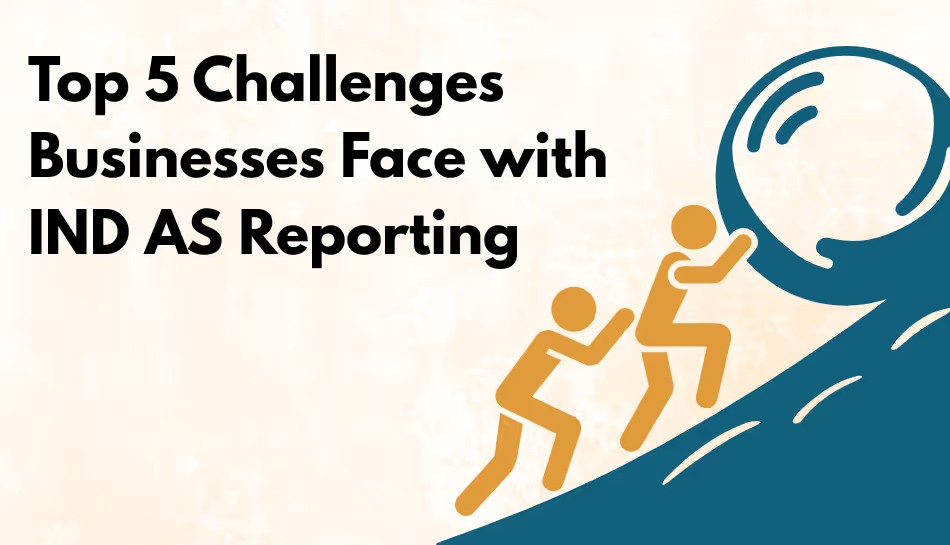In today’s interconnected world, logistics is no longer just about moving goods from one place to another. It has evolved into a strategic function that directly affects customer satisfaction, operational efficiency, and profitability. To stay ahead, businesses are investing in logistics management software that can streamline operations, improve decision-making, and provide real-time visibility across the supply chain.
If you are considering a logistics management system for your business, it is important to know the key features of enterprise logistics software. Choosing the right tool can make all the difference between a smooth supply chain and constant bottlenecks.
What is Logistics Management Software?
Logistics management software is a digital platform designed to manage, optimize, and automate the end-to-end flow of goods, information, and finances across the supply chain. It integrates different processes like inventory control, warehousing, transportation, and order fulfillment into a single system.
A well-designed logistics management system ensures transparency, reduces costs, and improves customer experience.
Key Features of Enterprise Logistics Software
When exploring options, here are the most important features of enterprise logistics software to consider:
- Real-Time Tracking and Visibility
Modern logistics demands transparency. Real-time tracking allows businesses to monitor shipments, delivery status, and warehouse movements. This helps reduce delays, identify issues quickly, and improve customer trust. - Transportation Management
Efficient route planning and carrier selection are vital for cost reduction. A good logistics management system provides route optimization, shipment scheduling, and integration with multiple carriers for seamless operations. - Warehouse and Inventory Management
Managing stock levels is a crucial part of logistics. Look for software that provides features like barcode scanning, inventory forecasting, and automated stock alerts. These functions reduce errors and improve order accuracy. - Order Management
From order placement to final delivery, an integrated order management system helps track progress, ensure timely fulfillment, and handle returns efficiently. - Analytics and Reporting
Data-driven insights are essential for growth. Strong reporting features allow businesses to analyze delivery times, transportation costs, and order fulfillment rates. This helps in making informed decisions and continuous improvement. - Integration with ERP and CRM
A standalone logistics tool may not deliver its full potential. Ensure your logistics management software integrates seamlessly with ERP, CRM, and accounting systems. This ensures smooth data flow and reduces duplication. - Automation Features
Automation saves time and minimizes human errors. Features such as automated billing, shipment notifications, and digital document generation improve efficiency and accuracy. - Scalability and Customization
Your logistics needs today may not be the same tomorrow. A reliable logistics management system should scale with your business and offer customization options to match specific industry needs. - Mobile Access
With logistics operations often happening outside the office, mobile access is a must. Drivers, warehouse staff, and managers should be able to use the system on smartphones or tablets for updates and communication. - Security and Compliance
Given the sensitivity of logistics data, the system should provide robust security features. Additionally, it should support compliance with industry regulations, ensuring smooth audits and legal adherence.
How to Choose the Right Logistics Management Software
With so many options available, selecting the right system can feel overwhelming. Here are some tips on how to choose the right logistics management software:
- Understand Your Needs: List the specific logistics challenges your business faces.
- Evaluate Integration Capabilities: Make sure the software works well with your existing ERP, CRM, and financial tools.
- Check Vendor Support: Reliable support during implementation and beyond is crucial.
- Consider Future Growth: Pick software that can grow with your business.
- Compare Costs and ROI: Look at not just upfront costs but also the long-term benefits like reduced errors, faster deliveries, and improved customer satisfaction.
Final Thoughts
Investing in the right logistics management software can transform your supply chain into a strategic asset. By focusing on the key features of enterprise logistics software like real-time tracking, automation, integration, and scalability, businesses can ensure smoother operations, better efficiency, and happier customers.
When evaluating your options, keep your current needs and future goals in mind. That’s how you’ll find the logistics management system that not only meets today’s challenges but also supports tomorrow’s growth.



